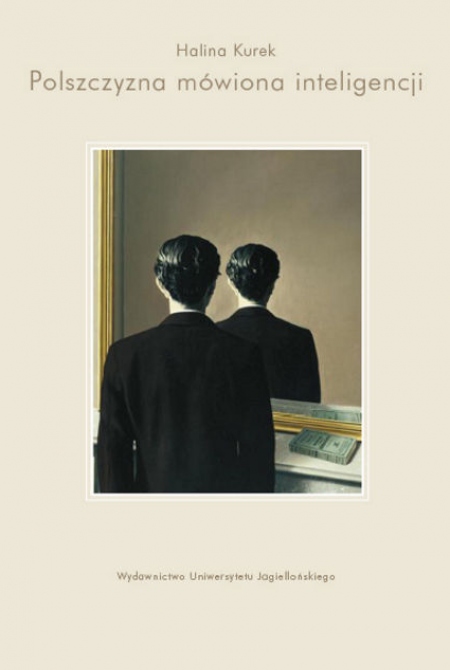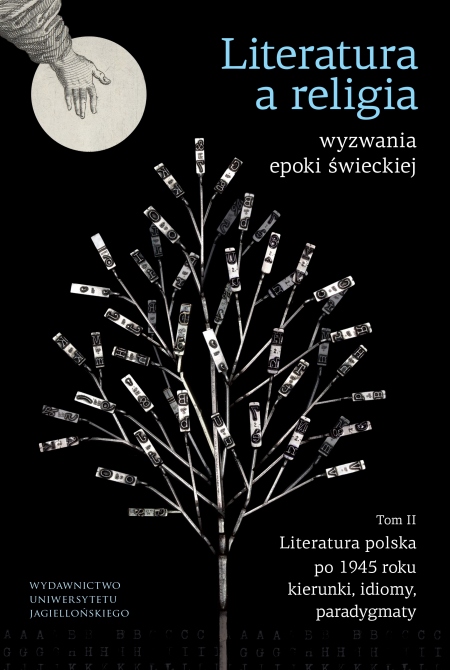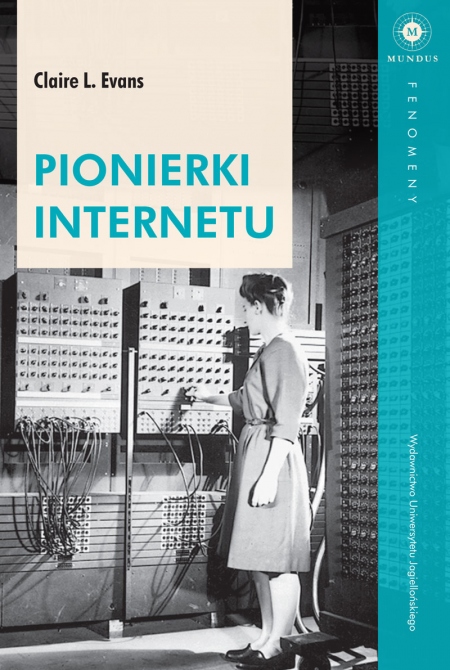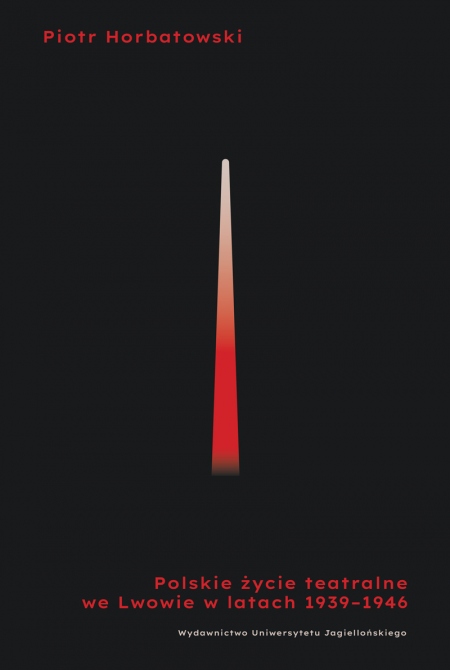
Polszczyzna mówiona inteligencji
Pages: 224
Book format: B5
Publication date: 2008
Release date: 01.10.2008
Book description
Polish Spoken by the Intelligentsia
For twenty-five years Professor Halina Kurek, currently one of the best Polish sociolinguists, has been conducting systematic research on the Polish spoken by the intelligentsia [...].
We are now getting a book with an excellent synthetic presentation of the Polish spoken by the intelligentsia – both the old intelligentsia as well as newcomers with peasant or working-class roots already integrated into the educated class. The book adopts both a synchronic and diachronic approach and also discusses prospective future developments in the language spoken by this section of Polish society [...].
Halina Kurek’s book addresses a subject of immense importance not only for developments in linguistics, but also for Polish society. She keeps the proportions between theoretical aspects and research data well-balanced and writes in a beautifully lucid style . . . which gives a full picture of her high level of awareness and reconciles the objectivity of scholarship with the sense of linguistic co-responsibility characterising the linguist examining the Polish spoken by the section of society expected to continue in its traditional commendable role as the guardian and repository of standard speech [...].
The book has a well thought out and clear arrangement. Its first three sections make up a specific prologue. In Wprowadzenie (Introduction) Kurek outlines the background to her research, discussing the socio-economic relevant changes which have occurred since the end of the Second World War, defining what she means by “the intelligentsia”, and presenting the subject of her study. Chapter II, Zróżnicowanie przestrzeni wielkomiejskiej (The diversification of municipal space) opens with a general picture of the cultural and linguistic diversification of municipal space and continues with an account of the realities of life in Kraków. Chapter III, Wariantywność polszczyzny mówionej (The range of variance in spoken Polish), introduces the reader to linguistic studies on the range of variance and presents the characteristic tension between standard language, usage, and the codification of a language.
These three chapters prepare the ground for a further five chapters presenting theory and research data for the analysis of the way the Polish intelligentsia speaks. They comprise IV: Wymowa inteligencji polskiej a współczesna norma ortofoniczna, (The Polish spoken by the intelligentsia and contemporary standard pronunciation), V: Wymowa inteligencji polskiej a pismo, (The Polish spoken by the intelligentsia and written Polish), VI: Regionalizmy w polszczyźnie mówionej inteligencji, (Regionalisms in the Polish spoken by the intelligentsia), VII: Nowe tendencje w języku mówionym inteligencji – wybrane zagadnienia, (New trends in the Polish spoken by the intelligentsia: selected aspects), VIII: Język ogólny inteligencji polskiej a gwara, (Polish as spoken by the intelligenstia in general compared with dialect), and IX: Polszczyzna mówiona księży (The Polish spoken by the clergy). The book closes with an extensive, brilliantly written conclusion (Zakończenie), rightly sub-titled Transformations in the spoken Polish of the intelligentsia (Przemiany polszczyzny mówionej inteligencji polskiej), in which Kurek proposes a review of the old rules of pronunciation by those responsible for the codification of Polish, to realign them with the status quo in the Polish generally spoken by the intelligentsia now and the changes that have occurred. Halina Kurek had to accomplish a long and arduous series of thorough research projects to make her concluding appeal legitimate and credible. She has spent many years studying the Polish of the intelligentsia as it is actually spoken and observing its development trends, and has built up an enduring reputation in this field [...]
For twenty-five years Professor Halina Kurek, currently one of the best Polish sociolinguists, has been conducting systematic research on the Polish spoken by the intelligentsia [...].
We are now getting a book with an excellent synthetic presentation of the Polish spoken by the intelligentsia – both the old intelligentsia as well as newcomers with peasant or working-class roots already integrated into the educated class. The book adopts both a synchronic and diachronic approach and also discusses prospective future developments in the language spoken by this section of Polish society [...].
Halina Kurek’s book addresses a subject of immense importance not only for developments in linguistics, but also for Polish society. She keeps the proportions between theoretical aspects and research data well-balanced and writes in a beautifully lucid style . . . which gives a full picture of her high level of awareness and reconciles the objectivity of scholarship with the sense of linguistic co-responsibility characterising the linguist examining the Polish spoken by the section of society expected to continue in its traditional commendable role as the guardian and repository of standard speech [...].
The book has a well thought out and clear arrangement. Its first three sections make up a specific prologue. In Wprowadzenie (Introduction) Kurek outlines the background to her research, discussing the socio-economic relevant changes which have occurred since the end of the Second World War, defining what she means by “the intelligentsia”, and presenting the subject of her study. Chapter II, Zróżnicowanie przestrzeni wielkomiejskiej (The diversification of municipal space) opens with a general picture of the cultural and linguistic diversification of municipal space and continues with an account of the realities of life in Kraków. Chapter III, Wariantywność polszczyzny mówionej (The range of variance in spoken Polish), introduces the reader to linguistic studies on the range of variance and presents the characteristic tension between standard language, usage, and the codification of a language.
These three chapters prepare the ground for a further five chapters presenting theory and research data for the analysis of the way the Polish intelligentsia speaks. They comprise IV: Wymowa inteligencji polskiej a współczesna norma ortofoniczna, (The Polish spoken by the intelligentsia and contemporary standard pronunciation), V: Wymowa inteligencji polskiej a pismo, (The Polish spoken by the intelligentsia and written Polish), VI: Regionalizmy w polszczyźnie mówionej inteligencji, (Regionalisms in the Polish spoken by the intelligentsia), VII: Nowe tendencje w języku mówionym inteligencji – wybrane zagadnienia, (New trends in the Polish spoken by the intelligentsia: selected aspects), VIII: Język ogólny inteligencji polskiej a gwara, (Polish as spoken by the intelligenstia in general compared with dialect), and IX: Polszczyzna mówiona księży (The Polish spoken by the clergy). The book closes with an extensive, brilliantly written conclusion (Zakończenie), rightly sub-titled Transformations in the spoken Polish of the intelligentsia (Przemiany polszczyzny mówionej inteligencji polskiej), in which Kurek proposes a review of the old rules of pronunciation by those responsible for the codification of Polish, to realign them with the status quo in the Polish generally spoken by the intelligentsia now and the changes that have occurred. Halina Kurek had to accomplish a long and arduous series of thorough research projects to make her concluding appeal legitimate and credible. She has spent many years studying the Polish of the intelligentsia as it is actually spoken and observing its development trends, and has built up an enduring reputation in this field [...]
From the review by Professor Maria Strycharska Brzezina
Authors
Halina Kurek
ISBN: 978-83-233-2519-2
e-ISBN (pdf): 978-83-233-8528-8
Country of producer: Poland
RECOMMENDED BOOKS
NEW BOOKS

Polszczyzna mówiona inteligencji
Choose chapters to buy:
Order value:
0.00 zł























